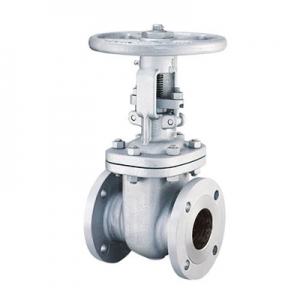In today’s fast‑paced retail environment, businesses are constantly searching for ways to improve efficiency, enhance customer satisfaction, and differentiate themselves from competitors. One of the most overlooked yet powerful tools in this pursuit is the cash register. Traditionally seen as a simple device for handling transactions, the cash register has evolved into a sophisticated point‑of‑sale (POS) system. When customized to meet the unique needs of a business, it becomes more than just a machine—it becomes a strategic asset.Get more news about customized cash register,you can vist our website!
A customized cash register is designed to align with the specific requirements of a retailer, restaurant, or service provider. Unlike generic systems, which offer a one‑size‑fits‑all approach, customized registers integrate features that reflect the business’s workflow, branding, and customer expectations. For example, a boutique clothing store might need inventory tracking tied directly to its register, while a café may prioritize speed of service and loyalty program integration. By tailoring the system, businesses can streamline operations and create a seamless experience for both staff and customers.
One of the most significant advantages of customized cash registers is efficiency. Standard registers often require employees to navigate multiple menus or manually input data, which slows down service and increases the risk of errors. A customized system, however, can be programmed with shortcuts, product categories, and automated functions that reduce transaction time. This not only improves customer satisfaction but also allows businesses to serve more clients during peak hours. In industries where speed is critical—such as fast‑food restaurants or busy retail outlets—this efficiency can directly translate into higher revenue.
Another benefit lies in data management. Modern customized cash registers are capable of collecting and analyzing sales data in real time. Business owners can track which products are selling best, identify peak shopping hours, and monitor employee performance. With this information, they can make informed decisions about inventory, staffing, and promotions. For instance, if a register shows that a particular item consistently sells out on weekends, managers can adjust stock levels accordingly. This level of insight is invaluable for small businesses that need to maximize every opportunity.
Customization also enhances branding and customer engagement. A register can be programmed to display personalized messages, offer discounts, or integrate loyalty programs. Imagine a customer completing a purchase and receiving a digital receipt that includes a thank‑you note and a coupon for their next visit. These small touches create a memorable experience and encourage repeat business. In addition, customized registers can support multiple payment methods, from traditional cash and credit cards to mobile wallets and contactless payments, ensuring that customers have flexibility at checkout.
Security is another area where customization plays a vital role. Businesses can implement features such as employee logins, restricted access to sensitive functions, and encrypted payment processing. This reduces the risk of fraud and protects customer information. For industries handling high transaction volumes, such as supermarkets or convenience stores, these safeguards are essential.
The adaptability of customized cash registers also makes them future‑proof. As technology evolves, businesses can update their systems with new features rather than replacing them entirely. This scalability ensures that the investment continues to deliver value over time. For example, a retailer might start with basic transaction functions and later add e‑commerce integration, allowing the register to sync online and offline sales.
In conclusion, customized cash registers represent a significant shift in how businesses approach point‑of‑sale technology. They are no longer just tools for processing payments but comprehensive systems that enhance efficiency, provide valuable insights, strengthen customer relationships, and ensure security. For businesses seeking to stay competitive in an increasingly digital marketplace, investing in a customized cash register is not simply a convenience—it is a necessity.







